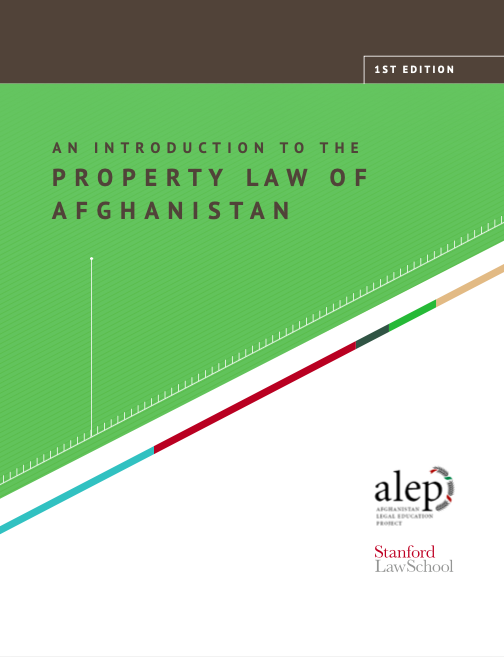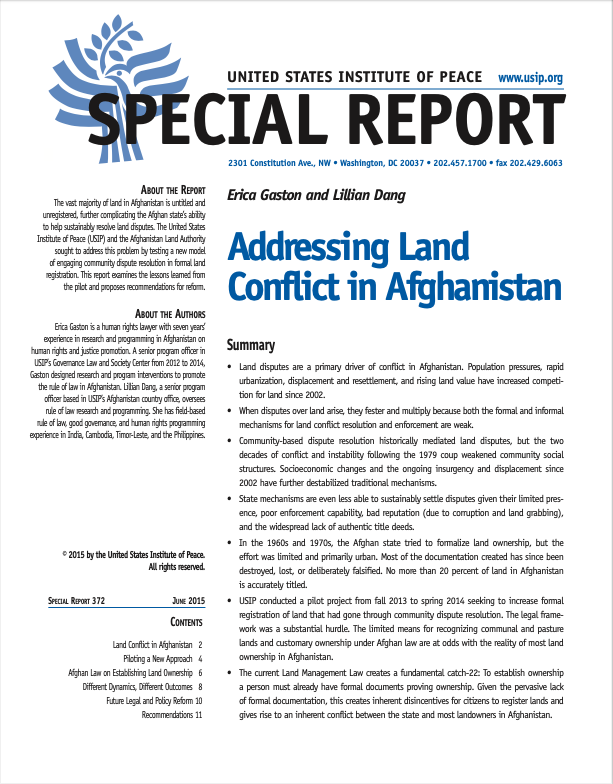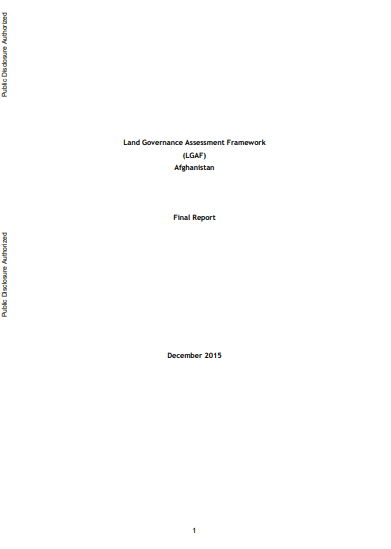The Afghanistan Agriculture Information Portal (AAIP) is a web data dissemination platform for crop production statistics and crop conditions. It manages spatial (satellite images and thematic layers) and non-spatial data (crop, climatic and hydrologic) that national or sub-national…
As World leaders forged two new big deals in late 2015 – the Sustainable Development Goals (SDGs) and the Climate Change Agreements – over 200 experts and technical officers working in fields related to land and water management, participated in the 3rd Land and Water Days held at the Food and…
Background
Chloroquine combined with primaquine has been the ecommended antimalarial treatment of Plasmodium vivax malaria infections for six decades but the efficacy of this treatment regimen is threatened by chloroquine resistance (CQR). Single nucleotide polymorphisms (SNPs) in the…
Cooperation between Tajikistan and FAO has been ongoing since the country joined the Organization in 1995. FAO assistance was initially provided in the form of short-term emergency interventions to respond to a locust outbreak and also to help the country in its transition to stability after a…
FAO has a long history of partnership with the countries of the Organisation of Islamic Cooperation (OIC), providing policy advice, analysis and technical assistance in agriculture, livestock, fisheries, forestry, natural resources management and food security in its commitment to support…
ABSTRACTED FROM INTRODUCTION:
At the beginning of this textbook, the authors would like to make two suggestions about how to approach the study of property law.
First, property is a subject that affects our lives every day, that we think about often, and about which we have strong…
The vast majority of land in Afghanistan is untitled and unregistered, further complicating the Afghan state’s ability to help sustainably resolve land disputes. The United States Institute of Peace (USIP) and the Afghanistan Land Authority sought to address this problem by testing a new model…
The second in a series of three reports entitled, “The Stolen Lands of Afghanistan and its People; The State Land Distribution System,” this report focuses on how state lands are distributed. This paper is the result of a desktop review and joint research by the UNAMA Rule of Law Unit (RoL) and…
The Land Governance Assessment Framework (LGAF) is a diagnostic tool to assess the status of land governance at country level using a participatory process that draws systematically on existing evidence and local expertise rather than on outsiders. The analysis covers nine themes: land tenure…
This rapid evidence assessment (REA) investigates how public overseas investments supported by developed country governments respect legitimate land tenure rights, especially in countries without a strong system for protecting existing tenure rights. The REA assesses material from the limited…
Food aid is a critical component of the global food system, particularly when emergency situations arise. For the first time, we evaluate the water footprint of food aid. To do this, we draw on food aid data from theWorld Food Programme and virtual water content estimates from WaterStat. We find…
Background: Even though Plasmodium vivax has the widest worldwide distribution of the human malaria species and imposes a serious impact on global public health, the investigation of genetic diversity in this species has been limited in comparison to Plasmodium falciparum. Markers of genetic…








